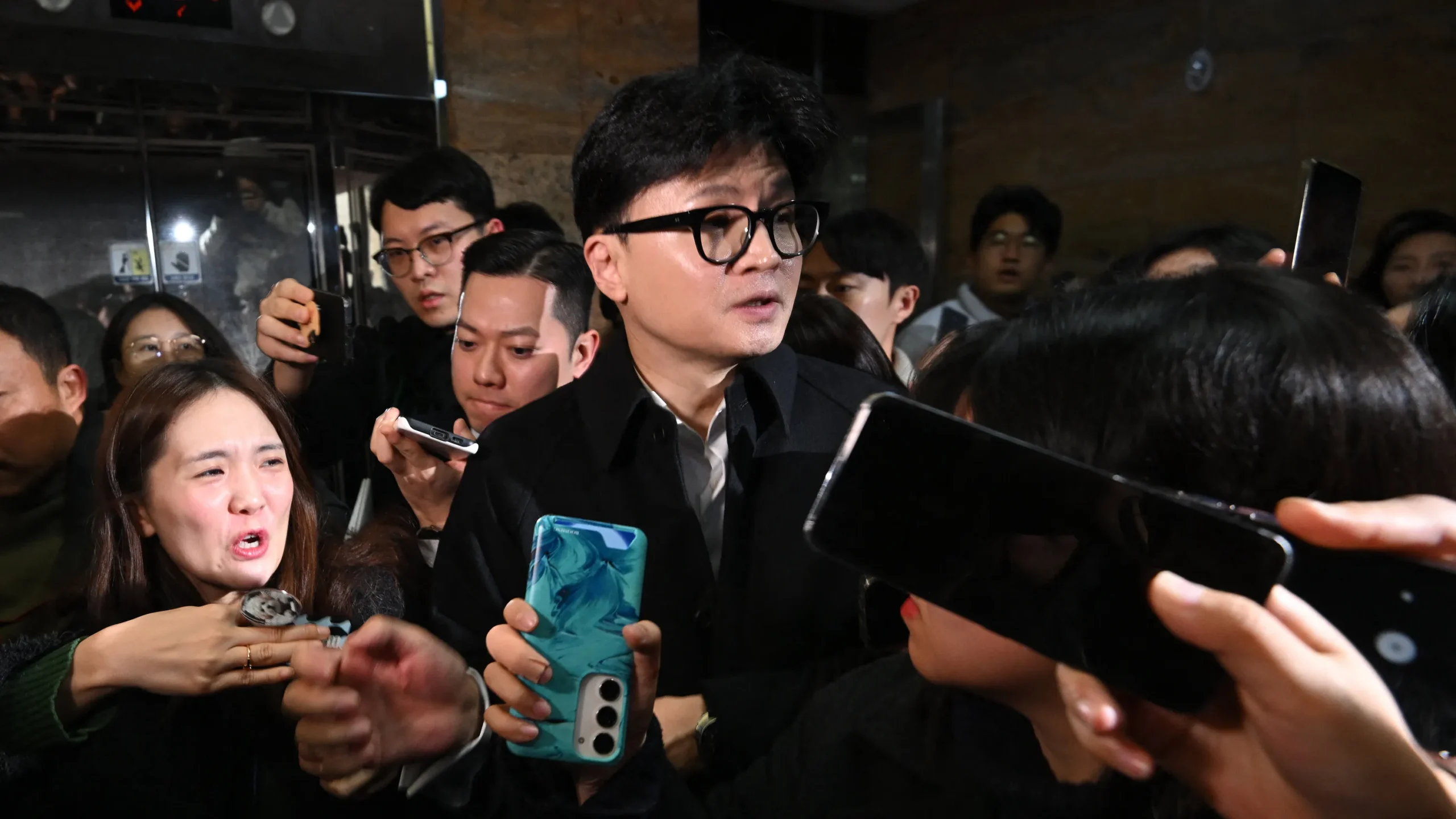Yoon Suk Yeol’s Martial Law Gamble: A Political Crisis Unfolds in South Korea
In a dramatic turn of events that has shocked the nation, South Korean President Yoon Suk Yeol’s controversial martial law declaration on December 3, 2024, has ignited a political firestorm that threatens to unravel the country’s democratic foundations. The unprecedented move has thrust South Korea into its most significant political crisis in decades, drawing parallels to the dark days of military dictatorship that the nation thought it had left behind.
The Unprecedented Declaration
President Yoon’s sudden martial law declaration sent shockwaves through the nation, citing the need to eliminate what he termed “anti-state forces“. The move came as a shocking escalation of ongoing political tensions, with heavily armed troops deployed throughout Seoul, raising immediate concerns about the potential for civil unrest and democratic backsliding.
A Nation in Turmoil
The public response was swift and unequivocal. Within hours of the declaration, massive protests erupted across major cities, with thousands of citizens gathering in front of the National Assembly. Students, academics, and workers united in a powerful demonstration of democratic resistance, carrying signs that read:
“No to Martial Law”
“Protect Democracy”
“Yoon Must Go“
Political Landscape Shifts
In an extraordinary turn of events, the National Assembly responded with remarkable unity. Voting unanimously (190-0) to lift the martial law, the legislative body included members from Yoon’s own People Power Party, signaling a complete rejection of the president’s controversial action.
Impeachment Proceedings Begin
The opposition Democratic Party swiftly initiated impeachment proceedings, characterizing Yoon’s actions as unconstitutional and tantamount to a coup. The process requires:
- A two-thirds majority in the 300-member National Assembly
- Subsequent review by the Constitutional Court
- Potential suspension of Yoon from office
Historical Context and Public Sentiment
Yoon’s actions have awakened painful memories of South Korea’s authoritarian past. The ghosts of military dictatorships, particularly the brutal Chun Doo-hwan era, seemed to resurface with the martial law declaration. The president’s approval ratings, already dismally low at around 10%, plummeted further.
Voices of Dissent
Labor unions, including the Korean Metal Workers’ Union, launched widespread strikes. Universities became hotbeds of protest, with students and faculty publicly condemning the government’s actions. One student leader remarked:
“We are ashamed of this attempt to undermine our hard-won democracy.“
International Implications
The crisis has drawn significant international attention, with global observers expressing concern about South Korea’s political stability. The situation potentially impacts regional security dynamics, especially concerning relations with North Korea.
The Road Ahead
Prime Minister Han Duck-soo stands prepared to step in as acting president if Yoon is impeached. The Constitutional Court will play a crucial role in determining the ultimate outcome of this political crisis.
Yoon’s Response
In a televised address, President Yoon offered a qualified apology, acknowledging the public’s anxiety while attempting to justify his initial actions. However, the gesture appeared to do little to quell the growing calls for his resignation.
Conclusion
South Korea finds itself at a critical juncture, with the principles of democratic governance being tested like never before. The coming weeks will be pivotal in determining the nation’s political trajectory and the fate of President Yoon Suk Yeol.
The world watches as South Korea confronts this unprecedented political challenge, hoping for a resolution that upholds democratic principles and the will of its people.
Word count: 1,087






Leave a Comment